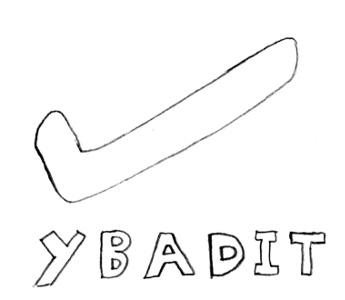Yeah but actually do it though

It's easy to make the mistake of thinking you know how to do something because you understand it. I remember when I was studying I used to have the worst habit of reading through the chapter for some topic, getting to the problems at the end, and thinking, well, if I understand the material why bother with the exercises? Of course, inevitably it would turn out I couldn't actually do it as well as I thought.
Really, there are two issues. The first is that it's easy to overestimate your understanding. This comes up when someone asks you about something you read about, but you find yourself unable to explain. "Uh, well, entropy is... y'know, it's about states, and... how many states there are? And it's also temperature? Something like that." It's just very easy to fool yourself into getting the feeling of understanding without the reality of understanding.
But the second issue is that skill and knowledge aren't the same thing. You can know everything about painting without being able to hold a brush, and you can know exactly how matrix row reduction works but still not be very good at actually doing it. Depending on the domain, that can just make you slower at performing the skill than someone who has practiced, or actually not translate into skill at all. A lifetime of gymnastics study will not in any way qualify you to do a backflip, because the physical skill has to be acquired through physical learning.
And yet the temptation remains. I think this just comes down to ease. Understanding something, or at least feeling like you understand something, is in a much better place on the cost-benefit curve. Experiential learning is repetitive and sometimes tedious, whereas understanding something intellectually stays at whatever level of challenge you can accept. The more you are used to the feeling of intellectual challenge, the worse it is, because there really is nothing intellectually challenging about drawing circles for a few hours.
For physical pursuits, at least, this seems to be a recognised and accepted necessity. Nobody seriously suggests that understanding how a violin works qualifies you to play one. However, experiential learning also applies to purely mental skills as well. Being able to speak another language, make small talk at parties, or stay focused during work are all mental skills that must be learned experientially, but because they're purely mental it's much more tempting to assume that understanding them is the same as being able to do them.
To counteract this tendency, I suggest that when you think you understand something to say to yourself "yeah but actually do it though", or, in catchy acronym form, YBADIT. Actually doing it is the best way to find out if you really understand something or just think you understand, and to check whether your understanding translates into actual ability.